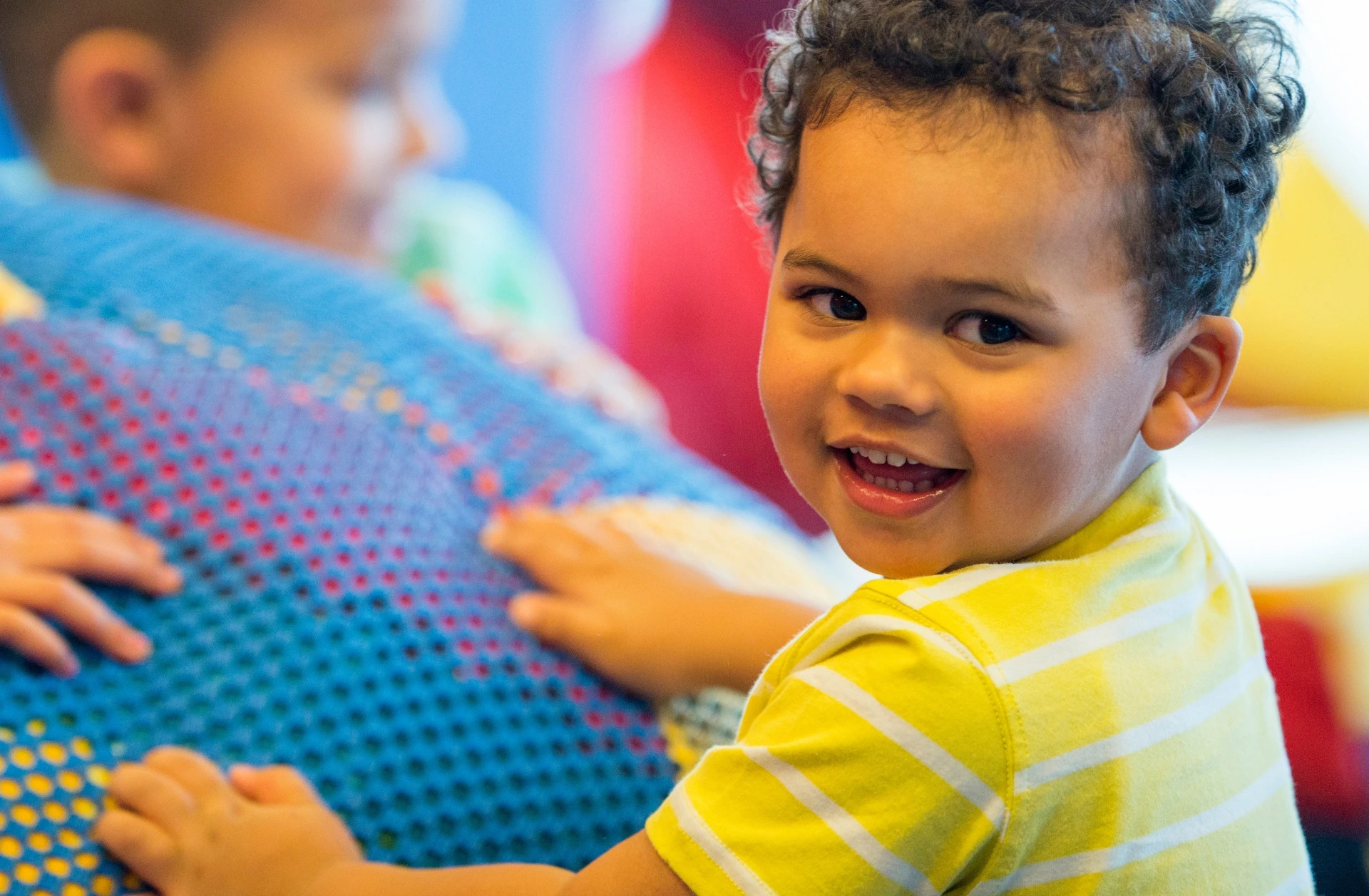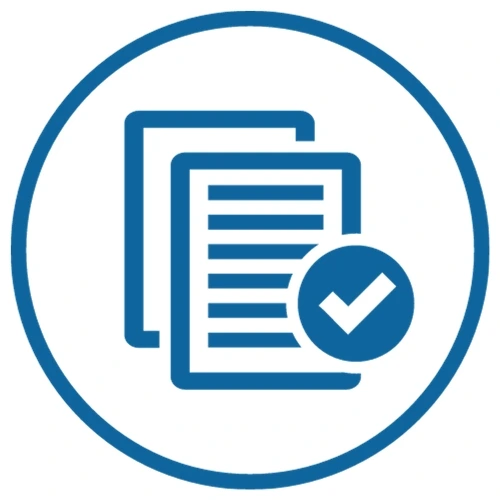
Your Guide to CASA Services
Who is Family Law CASA?
Family Law CASA of King County is a nonprofit organization that helps children from low- and moderate-income families. We are not affiliated with Child Protective Services, law enforcement, or any other social service organization.

What Does ‘CASA’ Mean?

How Much Do Services Cost?

Who Can Be a CASA?
What Services Do We Offer?
Family Law CASA services include interviews and investigations as described above. Volunteer advocates will write 1-2 reports for the Court and will appear at Court for a half day at trial if the case does not settle. The Family Law CASA Program Attorney will represent the CASA at Review Hearings, will be available by phone for mediation or settlement conference, will participate in the Pre-Trial Conference without the CASA, and will represent the CASA at trial, asking to be excused from the remainder of the trial.
How Do We Work?
Family Law CASA is appointed by the Court in high-conflict child custody cases to gather information and report back to the Court.
Family Law CASA uses lay-person volunteers from the community to gather information about the children’s circumstances and to provide written reports to the court, including recommendations about the parenting plan, residential schedule (visitation), and need for services.

What Are The Qualifications?

What is the Role of a CASA?

How Are CASAs Different?
What Can I Expect?
What Is My Responsibility?
It’s important to share any information you want to be considered for the Family Law CASA report as soon as possible. You can mail or deliver documents or letters to the Family Law CASA Office. Don’t wait for the CASAs to get information that you think is important. Volunteers have limited time and need to decide which records & documents to obtain, and which people to interview. If you think the CASAs missed an important interview, please ask that person to call the CASAs or contact the Family Law CASA office. If you think the CASAs didn’t get important records or documents from you, please submit those records or documents to the Family Law CASA office.
It is also important to keep the CASA and Family Law CASA office updated with any new contact information if you move or get a new phone number or email address. You should also tell Family Law CASA about any new developments in your case.
If you schedule a hearing with the Court, make sure you let Family Law CASA know in advance, and send copies of all documents to Family Law CASA as well as the other parent/parties involved. Finally, please note that Family Law CASA will only share information that is necessary for the Family Law CASA report, and will not file motions or engage in discovery requests for information outside of what is necessary for the report.
Contact Our Office
Have questions or need assistance? We’re here to listen and support.
"*" indicates required fields